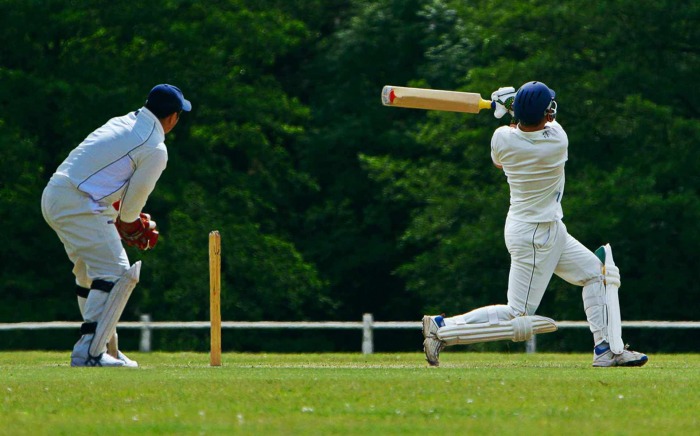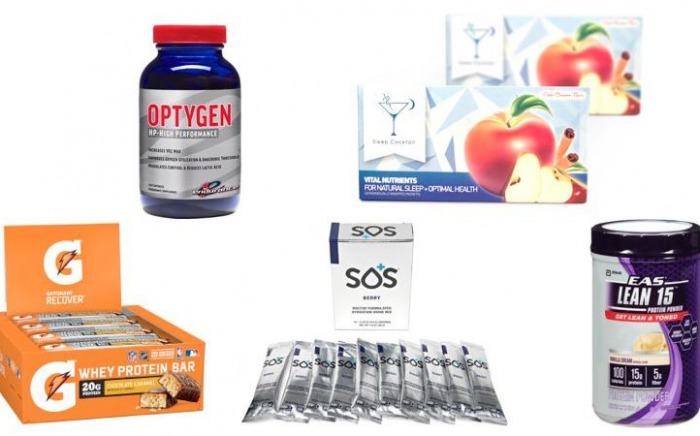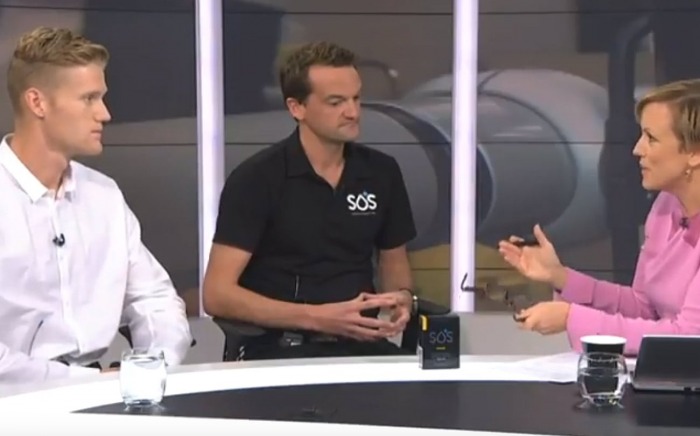The Food Standards (FSANZ) demands five times more sugar
The Food Standards (FSANZ) have demanded that SOS Hydration an innovative hydration drink company stop claiming to be an electrolyte drink unless they change their formula to include five times more sugar.
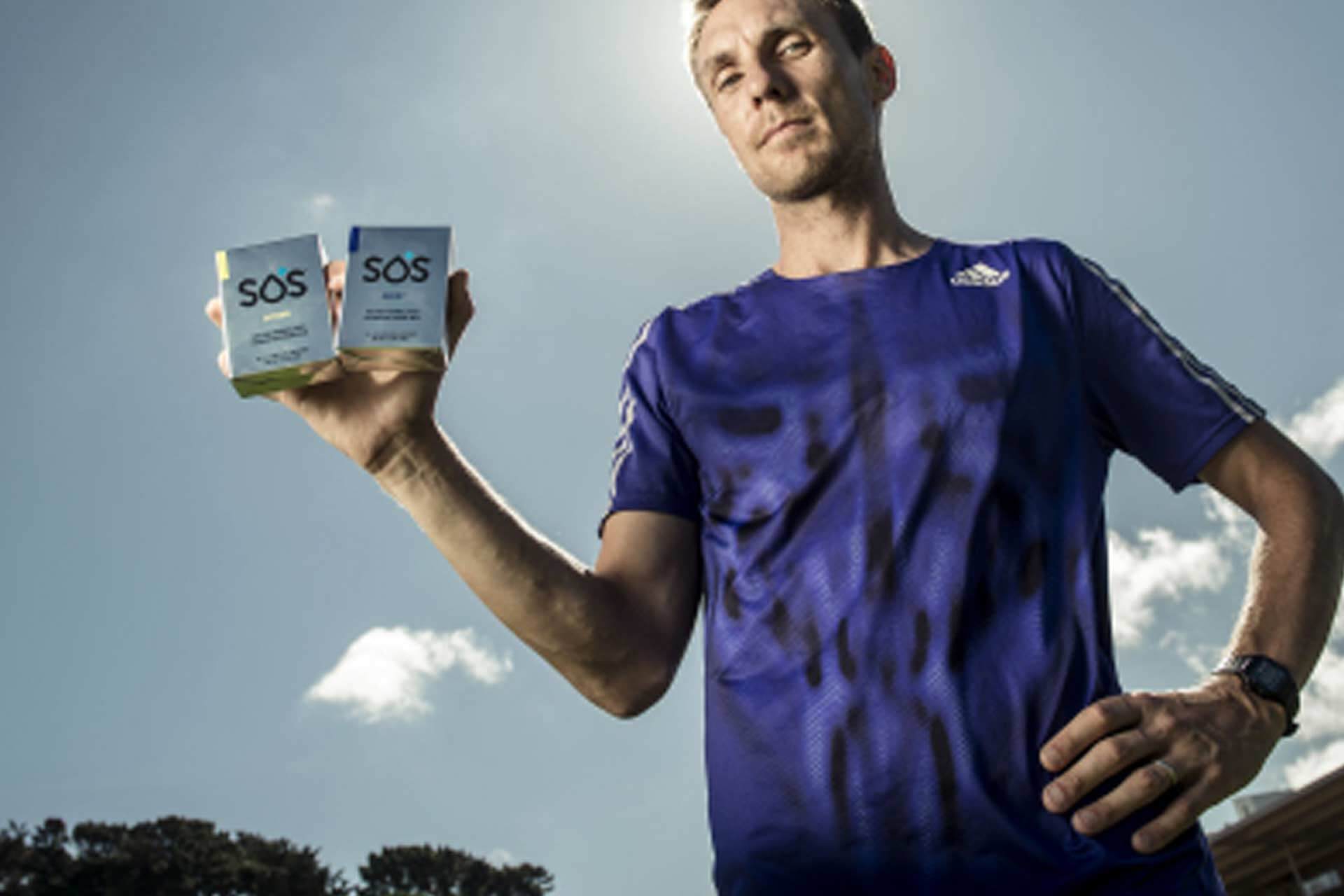 Double Olympic medallist, Nick Willis is one of many elite athletes who use SOS electrolyte sports drink.
Double Olympic medallist, Nick Willis is one of many elite athletes who use SOS electrolyte sports drink.
SOS is a world leading electrolyte hydration drink. It uses five times less sugar than the current Food Standards ANZ formula and is scientifically proven to rehydrate three times faster than water.
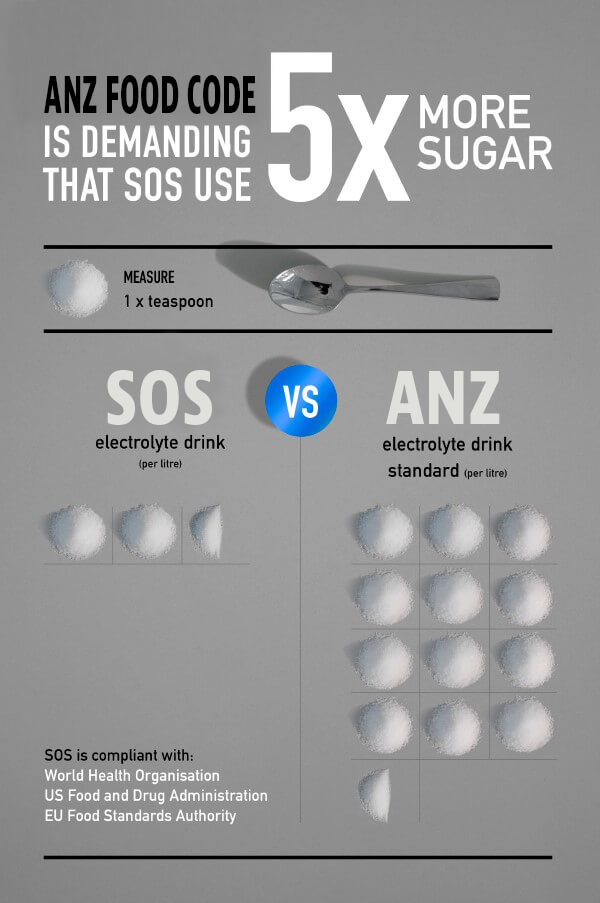
Photo: ANZ Food Code is demanding that SOS use 5x more sugar.
“It is astonishing that in 2017 FSANZ is not following best practise and taking into account the guidelines set by the World Health Organisation and the lead set by the US and the EU.
“Their reliance on discredited science means that Australians looking to rehydrate after exercise are being exposed to far higher levels of sugar than necessary. Australia is falling behind the rest of the world”, says Andrew Shaw, Managing Director of SOS Australia.
SOS meets the criteria set out by the World Health Organization Oral Rehydration Solution Guidelines. These guidelines are supported by over 50 years’ research into dehydration and show that high levels of sugar are no longer needed for hydration. The USA Food and Drug administration (FDA) and the European Food Standards Authority (EFSA) use the same standards as the World Health Organisation.
The company’s partners include some of Australia’s most successful athletes and elite sporting clubs including most recently the Australian Rugby Union (Qantas Wallabies and Olympic gold medal winning Women’s 7s team). The product is sold worldwide with the biggest markets being the USA, Australia and Europe.
“Given this overwhelming global consensus it is unacceptable that FSANZ’s reliance on out of date science is forcing Australian’s young and old into consuming higher levels of sugar than needed for rehydration purposes.
“Although their Food Standard code of compliance for sports drinks is under review it could be a long time before this is completed. The Government needs to take action now and prioritise action on this issue”, Mr Shaw concluded.
The Australian Health guidelines states that adults and children should Limit intake of foods and drinks containing added sugars such as confectionary, sugar-sweetened soft drinks and cordials, fruit drinks, vitamin waters, energy and sports drinks, with Sydney University’s Professor Colagiuri calling on the Turnbull government to make the introduction of the controversial sugar tax proposals a top priority. His research and Australian Bureau of Statistics data showed almost 75 per cent of people aged nine to 18 exceed World Health Organisation sugar-intake recommendations.
“Their reliance on discredited science means that Australians looking to rehydrate after exercise are being exposed to far higher levels of sugar than necessary. Australia is falling behind the rest of the world”, says Andrew Shaw, Managing Director of SOS Australia.
Background Information
Brothers James and Tom Mayo were both ex-International Middle Distance Athletes, and James’ wife Blanca Lizaola is a qualified medical doctor. Together with Australian Director Andrew Shaw they launched SOS in Australia and New Zealand, a sports hydration product formulated with the very best research to combat dehydration as a result of sports and active lifestyles. The company’s partners include some of Australia’s most successful athletes including the Australian Wallabies and Olympic gold medal winning Women’s 7s team. The product is sold worldwide with the biggest markets being the USA, Australia and Europe.
SOS has used their medical credentials for treating dehydration alongside the latest medical and sports research to create a product which is the preferred sports hydration product by many elite athletes. It is low in sugar, high in electrolytes, contains no artificial additives and is scientifically proven to rehydrate three times faster than water. Australia is also home to the Research and Development arm of SOS, The Sweat Lab, based in Melbourne, which aims to build and reinforce the strong scientific foundations of the SOS brand.
In 2017 following the Food Standards ANZ review into electrolyte drink SOS received a letter from New Zealand’s Ministry of Primary Industries telling them that they could not make the claim made on their labels that they are an electrolyte drink, and have given them until the 31st August to address this claim with the Ministry. MPI’s reasoning is that SOS are unable to make this claim because they are not using a compliant formula. SOS would need to add 5 times more sugar to their drink to make it compliant. Although sugar is needed in equal parts to sodium to hydrate, the formula being benchmarked by FSANZ and the levels being used in competitor sports drinks is unnecessary.
SOS is based on and falls within the ranges set out by the World Health Organization Oral Rehydration Solution Guidelines. These guidelines are supported by over 50 years’ research into dehydration and show that high levels of sugar are no longer needed for hydration. In Australia FSANZ continues to use outdated research on electrolyte products, meanwhile, the USA Food and Drug administration (FDA) and the European Food Standards Authority (EFSA) use the same standards as the World Health Organisation. Australia is falling behind some of the biggest markets in the world.
Research is proving that SOS is superior to other products on the market. In 2014 AUT University’s Sports Performance Research Institute NZ (SPRINZ) tested SOS Rehydrate vs a market leader and found that SOS is capable of providing substantial rehydration and fluid retention, with the unnecessary excess sugar contained in the majority of leading sports drinks.
Another independent study, led by Coventry University and Newman University, in the United Kingdom, analyzed the effectiveness of rehydration beverages following an interval training session in highly trained middle-distance runners. SOS was compared against an electrolyte sports drink tablet (Nuun) and a placebo of flavoured water. Within 12 hours of drinking SOS, the subjects had recovered their plasma volume and body mass completely.
The FSANZ guidelines state that adults and children should choose food with little or no sugar. The Australian Medical Association say that high sugar intakes are linked to obesity, type 2 diabetes and cardiovascular disease; and that a strong case can, therefore, be made for efforts to reduce consumption. There is particular concern about sugar-sweetened beverages because they are nutrient poor, and energy from beverages is less satiating than that obtained from solid foods, resulting in increased consumption. Almost one-fifth of the total sugar intake of Australian adults (17%) comes from non-alcoholic beverages.
Source – http://www.abs.gov.au/ausstats/[email protected]/Lookup/4364.0.55.007main+features7102011-12
Health organisations the world over are telling people that they should have less sugar, so why are FSANZ insisting that SOS add more sugar to their drinks? The Australian Health guidelines states that adults and children should Limit intake of foods and drinks containing added sugars such as confectionary, sugar-sweetened soft drinks and cordials, fruit drinks, vitamin waters, energy and sports drinks, with Sydney University’s Professor Colagiuri calling on the Turnbull government to make the introduction of the controversial sugar tax proposals a top priority. His research and Australian Bureau of Statistics data showed almost 75 per cent of people aged nine to 18 exceed World Health Organisation sugar-intake recommendations.
In September 2014, submissions were made to government by numerous Australian health bodies expressing concern, including Cancer Council Australia, relating to their concerns about the high sugar of electrolyte drinks. Kathy Chapman, chairwoman of the Cancer Council of Australia’s nutrition and physical activity committee, said “There is more evidence about how different sorts of taxing mechanisms, as well as subsidies on the healthy food, would really lead to important gains in terms of the number of lives saved and the number of disease reduced. Two years and a half years later and there has been no change.
It is preposterous that in 2017 the FSANZ are not heeding the advice of the Ministry of Health or taking into account the guidelines set forth by the World Health Organisation. The FSANZ should be proactive and aim to reduce sugar in electrolyte drinks. FSANZ are using outdated sports research, and although their Food Standard code of compliance for sports drinks is under review it could be a long time before this is completed. Change needs to happen now.
Media enquires please contact:
Allisha Parker
Mobile: +61 409004459
Email: [email protected]



